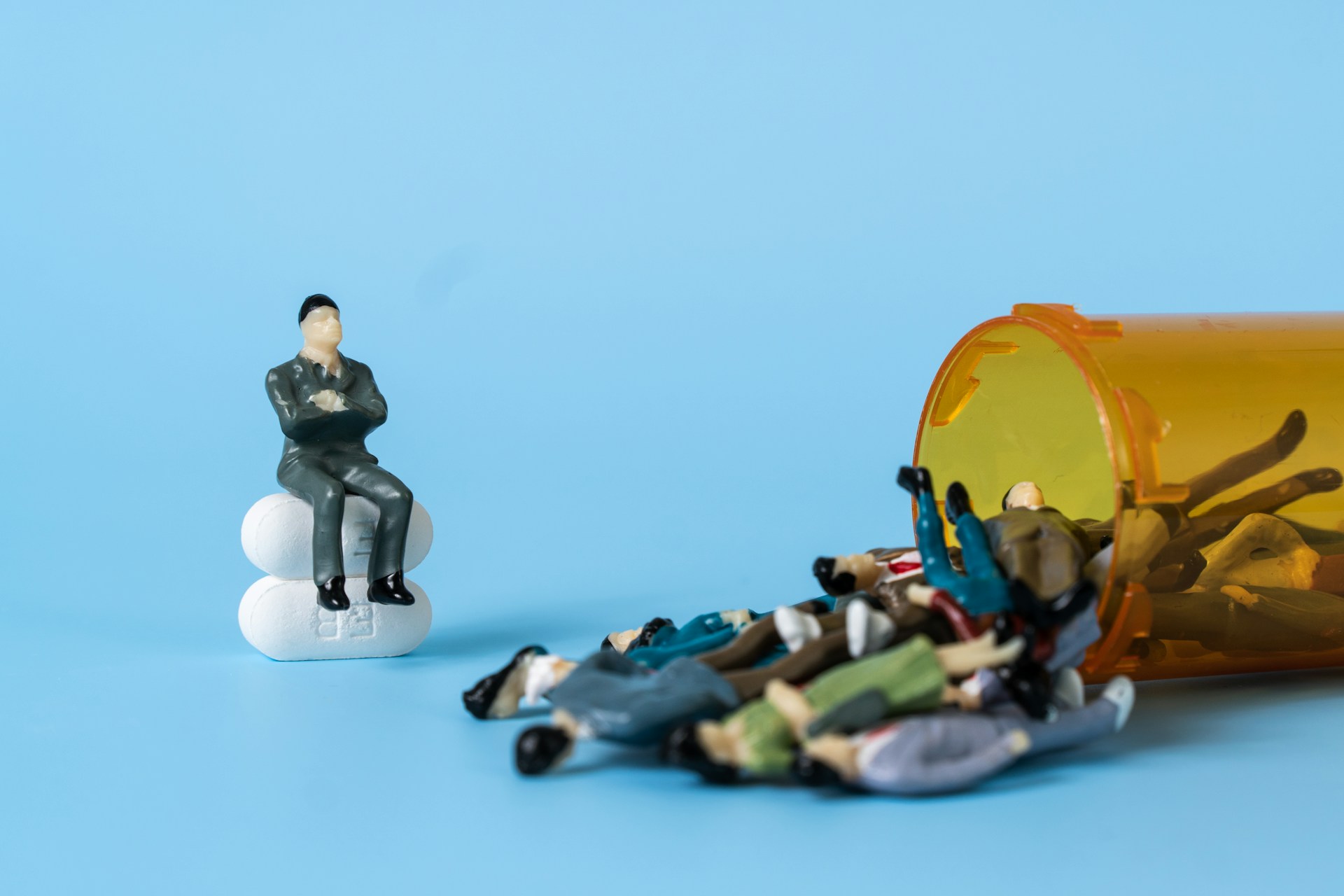Medical authorities worldwide are grappling with a critical question amid a global drug supply crisis: what happens when we run out of essential medicines? The antimicrobial resistance crisis, if not addressed urgently with the development of new antibiotics, could eclipse the COVID-19 pandemic in severity. While these two crises may initially appear unrelated beyond their significant threat to human life, they both stem from a common issue: Big Pharma’s profit-driven motives. This prioritization of profit discourages the maintenance of accessible essential medicines and the development of new, desperately needed drugs.
Consider the insulin supply issues. Diabetes patients globally face long waits for vital insulin products. Novo Nordisk, a major insulin supplier, plans to halt production of a widely used long-acting insulin injection by year’s end, favoring its lucrative weight-loss drugs over off-patent, price-controlled insulin products. Simultaneously, hospitals globally are experiencing weeks-long stockouts of essential medical formulations due to manufacturing delays. Together, the big pharma companies control about 75% of the global insulin market. The uncertainty facing patients highlights the risks of relying on profit-driven monopolies for medicine supply.
The growing threat of antimicrobial resistance also stems from Big Pharma's profit-centric approach, but this crisis has roots in research and development decisions rather than manufacturing. "Superbugs"—bacteria, viruses, parasites, or fungi resistant to standard treatments—have long concerned the medical community. Experts agree on the necessity of new antibiotics to combat this issue. However, no new class of antibiotics has emerged since the 1980s, a deliberate choice by pharmaceutical companies. They avoid developing new antibiotics due to perceived insufficient profitability, focusing instead on "Me too" drugs—minor modifications to existing drugs that offer little therapeutic advancement but promise sustained profitability.
With essential drugs in short supply and drug-resistant pathogens on the rise, it seems counterintuitive for pharmaceutical companies to prioritize profit over public health. Yet, these companies are accountable to shareholders, not global health. The current model, which places shareholder returns above all else, forces patients to endure these dynamics.
So, what’s the solution? Some might suggest making essential medicines profitable for Big Pharma by increasing payments or funding antibiotic research. While this might seem like a straightforward, albeit costly, solution, it has been tried repeatedly, always resulting in rising prices without significant improvements in accessibility. Companies often hold medicines hostage for higher payments rather than increasing production.
Ultimately, humanity cannot buy its way out of these crises, as not all countries can afford to satisfy corporate greed. The COVID-19 pandemic’s "vaccine apartheid" starkly demonstrated the global consequences of such a strategy.


Login to join the discussion